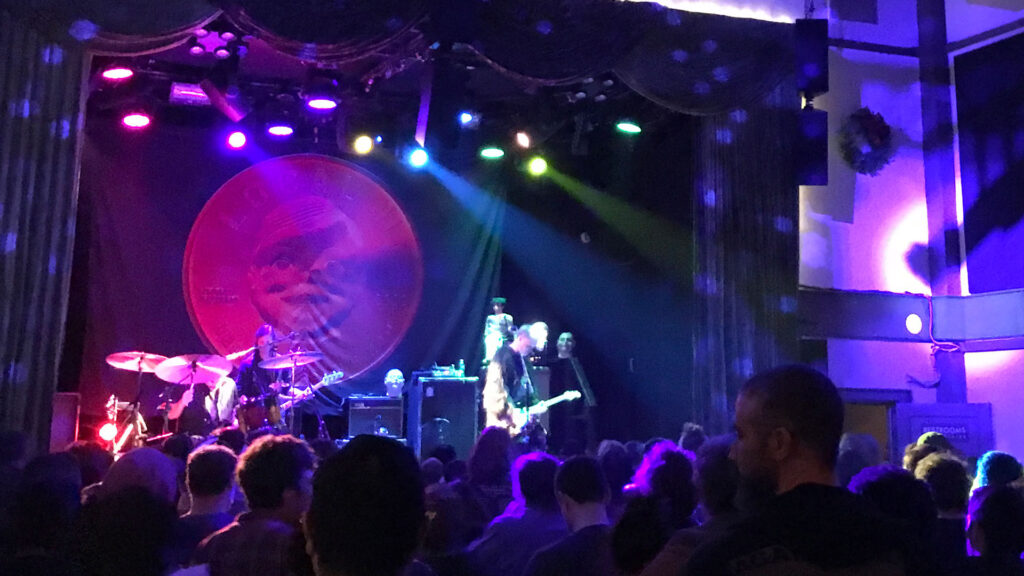Some new Socials
Broke-ass Social Scene
tl:dr: I have new Mastadon and post accounts
I really liked twitter. I followed a lot of comedians so my feed was full of jokes and funny takes on current events. I also enjoyed following accounts that were experts on various subjects, accounts from bands I liked (it’s how I found out about the Local H show here in NYC the other week), and official accounts like NASA. Accounts like We Rate Dogs gave me a little boost of happy every day.
And sure, there were things about twitter that sucked. Sometimes my feed was an endless scroll of complaints and lectures about the same subjects. Or people loudly arguing a point I agreed with as if I were on the other side of the debate. And there were trolls, there are always trolls. They can be nasty and legitimately dangerous when they get going, especially to women and people of color. Thankfully I avoided the worst of that.
And the upside was fun. As a comedian, twitter was a great medium for joke writing. The 120, and then 240, character limit forced you to be concise and get to the joke as efficiently as possible. As a performer it was a great place to announce shows and post highlights from them. Interacting with other comedians and musicians helped build a sense of community without having to be in the same place or having to hang out until 2 am after shows.
When the Musk-man took over I knew there’d be changes and I waited to see what they’d be. If he were just another idiot on twitter sh*t posting alt-right memes and buying into conspiracy narratives that would be one thing, but this is ridiculous. A self-proclaimed “free speech absolutist” who capriciously bans reporters who cover him, exaggerating their coverage as an assassination threat while his own posts force his former executives into hiding from his troll army, is something I can’t tolerate. And the fact that the CEO of an electric car company AND a successful space launch company can tweet out anti-science, evidence-free opinions, coupled with the evidence that he makes decisions for the platform based on these ideas, clearly indicates it’s only going to get worse.
So I’m out.
If twitter finds new management I’ll think about going back, so I’ll leave my account open for the time being. Until then I’ve set up a mastodon account and one over at post. Mastodon feels the most like twitter so far, post doesn’t yet feel much like anything. I’m still on instagram too but holy cow, the amount of comedians posting clips of their sets is out of control. I’d unfollow you but some of you have cute pets!
Anyway, I’ll miss you guys on twitter but I hope to see you in other places.




